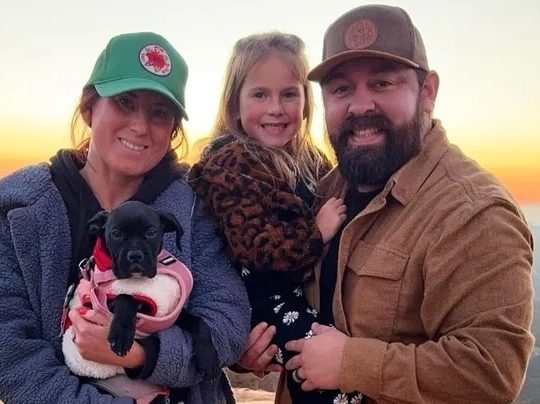A man was pulled over in Peterborough, Ontario, with a loaded rifle, a flamethrower in the trunk, and a crack pipe within reach. Jesse Garlow, a convicted drug trafficker, faced serious charges, yet walked away from court without a day of jail time.
The presiding judge, Brenda Green, delivered a sentence that defied expectations, crediting Garlow for time already served and imposing a suspended sentence. Her reasoning wasn’t based on a lack of evidence – she herself described the rifle as a “killing machine” – but on a deeply unsettling history of trauma and systemic injustice.
Garlow’s life, detailed in court, is a stark portrait of hardship. He lost his mother to cancer at a young age, triggering his father’s descent back into crime. A chaotic childhood followed, marked by instability, substance abuse, and ultimately, abandonment.

The judge’s decision centered on the concept of “intergenerational trauma,” the lasting wounds inflicted by historical and ongoing injustices against Indigenous communities. She explicitly referenced “attempted cultural genocide” and the devastating impact of removing children from their families, placing them in abusive environments.
Despite acknowledging the severity of Garlow’s actions and the potential danger he posed, Justice Green argued that a punitive sentence would only perpetuate a cycle of harm. She believed a different path – one focused on rehabilitation and restorative justice – offered a glimmer of hope.
The Crown had requested a prison sentence of three to five years, a demand the judge directly countered. She expressed concern over overcrowded prisons and criticized politicians for demanding harsher penalties without addressing the underlying systemic issues.
Justice Green’s ruling wasn’t simply an act of leniency; it was a pointed commentary on the failures of the justice system to address the root causes of crime. She emphasized the need for culturally sensitive support services to help Garlow reconnect with his heritage and rebuild his life.
The judge issued a stark warning to Garlow, stating he stood “on a precipice.” He could embrace the opportunity for healing and change, or succumb to the destructive patterns of the past. The future, she stressed, rested on his choices – and his responsibility to his son.
This case has ignited debate, forcing a difficult conversation about justice, trauma, and the enduring legacy of colonialism. It’s a story not just about one man’s actions, but about a system grappling with its own history and searching for a more equitable path forward.





